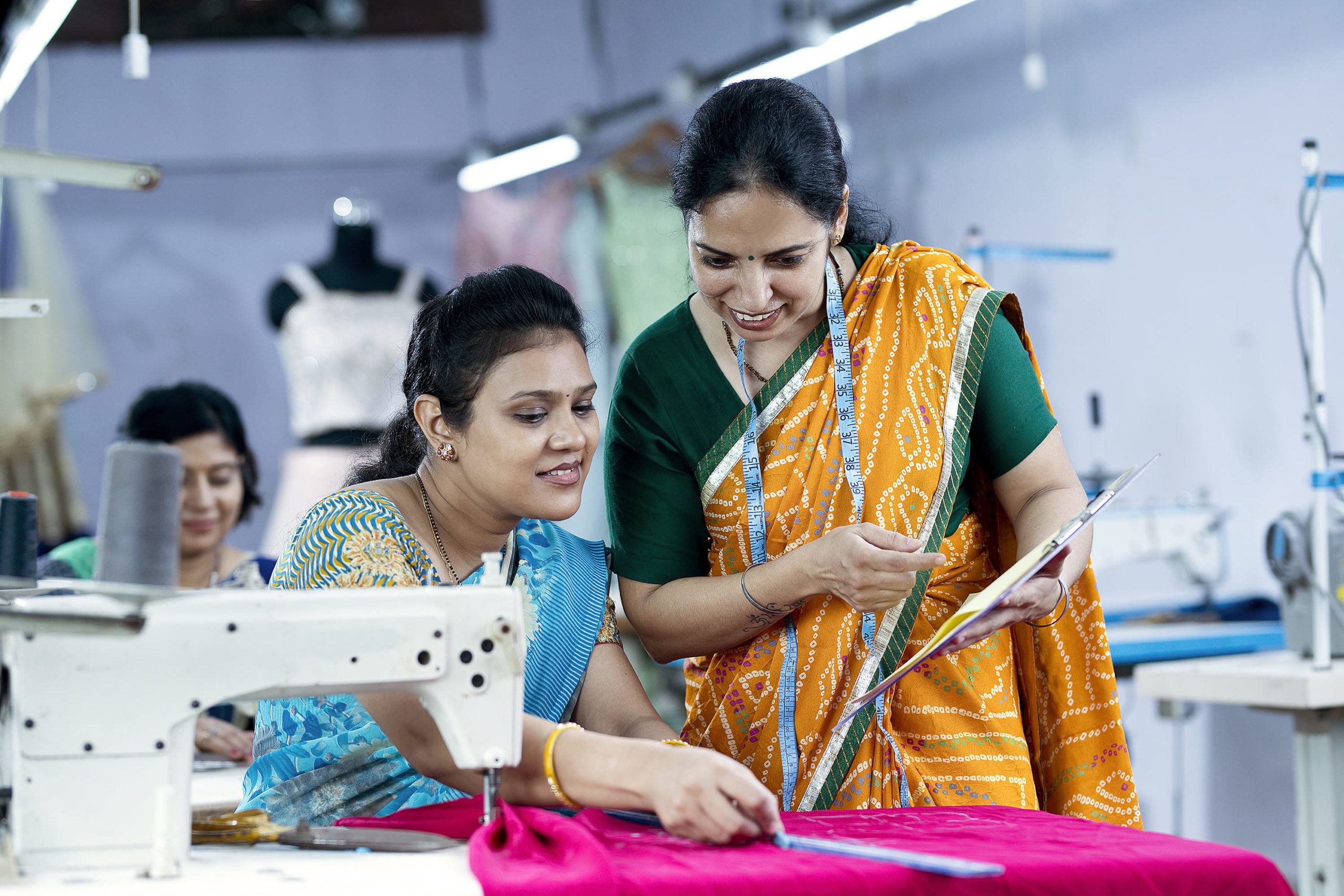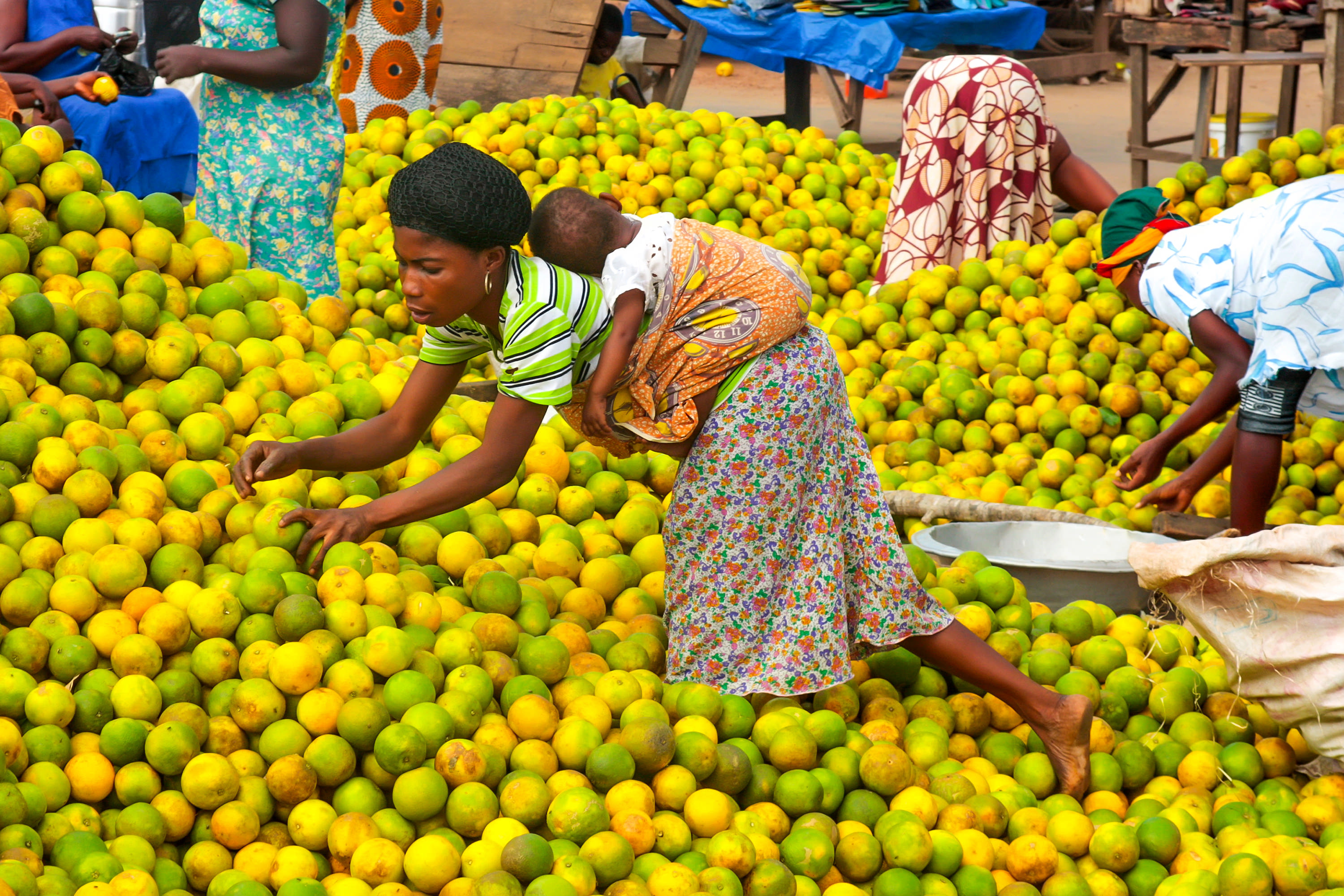Female Entrepreneurship and Professional Networks
Despite being the only region in the world where there are more female entrepreneurs than men, the vast majority of female-owned businesses in Sub-Saharan Africa are microenterprises and women’s businesses earn 34% lower profits than...






